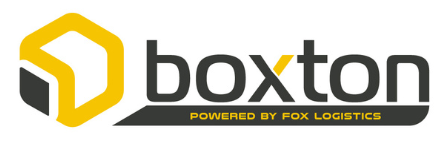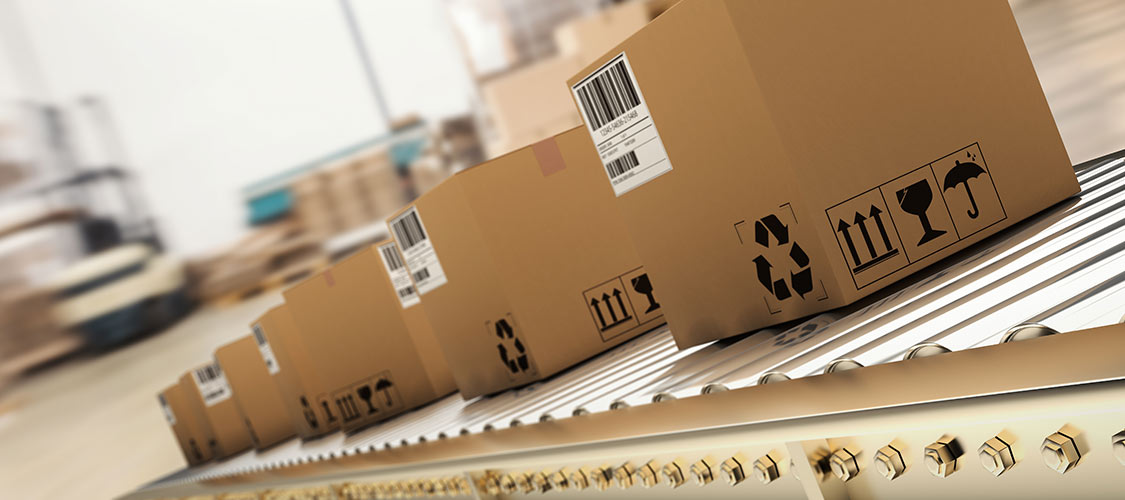Logistics is critical to every business, and so you may have heard the terms inbound and outbound logistics and wondered how they apply to your situation. The short answer is, it depends on what part of the supply chain you manage. For instance, the processes to get a finished product to a business vs delivered to customers are very different from each other and require vastly different resources. Understanding the dissimilarities between different logistic roles is important for gaining full clarity of any logistics network.
Inbound Logistics
Inbound logistics is essentially all activities involved in bringing goods to a business before they are sold to a final customer. The materials shipped depends on what business you’re in obviously, but the key is you are bringing it into some pre-sale facility. Inbound logistics is an essential process so that a finished product can be sold to a customer, and most often involves delivery to a business’ warehouse or packing facility. A key factor in accomplishing smooth operations within this side of your network is understanding the demands of your customers, or other parties in your supply chain further down the production cycle.
Outbound Logistics
Outbound logistics refers to the process of delivering a business’ finished products to a final customer. A customer in this case could be an actual consumer, a retail shop, or really any 3rd party – it’s whoever your company is selling to. In many cases this involves a distribution center as the starting point of routing goods to buyers once they are ordered. When shipping to your final customer there are many things to keep in mind.. Fragility of goods, packaging to ensure protection, and widening the outbound network to support a variety of destinations are all considerations that must be weighed. It is important to have an outbound logistics network capable of withstanding large quantities and using proper care with the products.
Overview
Being aware of the differences between inbound and outbound logistics is fundamental to have a clear view of a business’ whole logistics foundation. Both processes require attention to detail from multiple collaborators or networks to maximize efficiency and sustain great quality.






